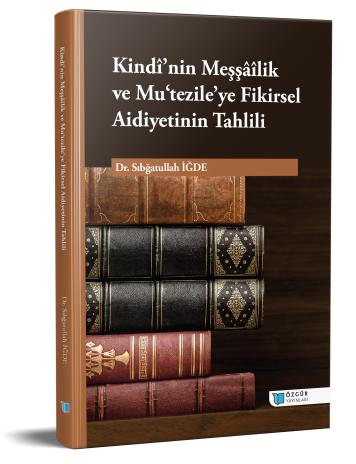
The analysis of Kindî’s Intellectual Affiliation to Peripateticism and Mu’tazila
Synopsis
The affiliation of the first Islamic philosopher, Ya‘qûb b Ishâq al-Kindî, to the Mu‘tazila school is a controversial issue. Especially, the fact that al-Kindî was in Bayt al-Hikmah at a time when Muʿtazila’s thought prevailed is accepted as evidence by those who defend this claim. Kindî’s connection with the Peripatetic school of philosophy is also a matter of debate. Although Kindî’s thoughts on issues such as logic, physics, and the classification of sciences have a Peripatetic and generally Aristotelian background, it is seen that he moves away from this understanding, especially in discussions related to God.
As a result of these discussions, some researchers have defined him as a philosopher who acted under the influence of the Mu’tazila, while others have described him as the first advocate of the Islamic Peripatetic tradition. In this study, which of these two understandings al-Kindî belonged to will be analysed within the framework of a few major issues.

